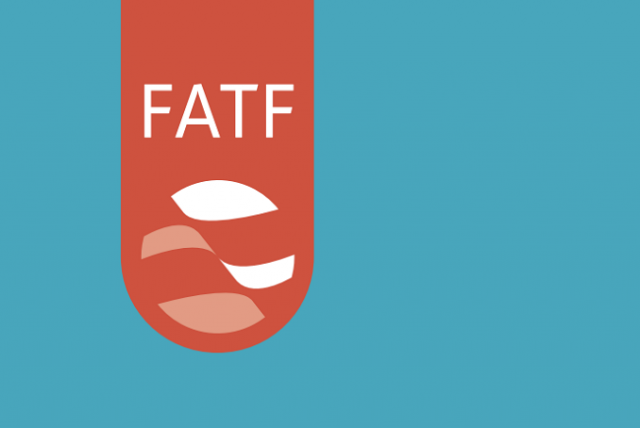UAE to be placed under FATF observation
Watchdog says UAE doing too little to stem money laundering, terrorist finance

PHOTO: FATF
The US-allied Gulf state, which includes the region's financial and commercial centre Dubai, will now be put under a year-long observation by the Paris-based Financial Action Task Force (FATF).
The intergovernmental body said in a report that major or fundamental improvements are required in 10 of 11 areas evaluated for preventing money laundering and the financing of terrorism and weapons of mass destruction.
The report, which took 14 months to compile and involved a visit to the UAE in July, gave a 'low' rating for investigation and prosecution of money laundering and a 'moderate' rating for preventive measures and financial sanctions related to countering the financing of terrorism.
If the UAE fails to improve, it may find itself alongside states such as Syria, Yemen and Pakistan, which the FATF deems to have "strategic deficiencies".
The UAE has tightened financial regulations in recent years to try to overcome a perception among some foreign investors that it is a hot spot for illicit money.
It passed a new anti-money laundering and terror financing law in 2018 and has also worked with the United States to apply sanctions to Islamist militant groups.
FATF said the UAE had an "emerging understanding" of its risks related to money laundering and terrorism financing, and a "high level of commitment" to better understand and mitigate them.
The watchdog said authorities must close loopholes in the property and precious metal sectors that can be exploited by professional money launderers.
They should also strengthen the use of financial intelligence in money laundering cases and in the recovery of proceeds of crime, it said.
It also urged the UAE actively to pursue international money laundering networks and improve formal cross-border cooperation.
The report also said there was a "noticeable absence" of consistent investigations and prosecutions for money laundering cases related to high-risk crimes and sectors deemed high-risk, such as money transfer.
Between 2013 and 2019, the UAE prosecuted 92 people and convicted 75 for terrorism financing activities, FATF said, while there were 50 prosecutions and 33 convictions in money laundering cases between 2013 and 2018.
Among those, Dubai had only 17 money laundering prosecutions over five years.



















COMMENTS
Comments are moderated and generally will be posted if they are on-topic and not abusive.
For more information, please see our Comments FAQ